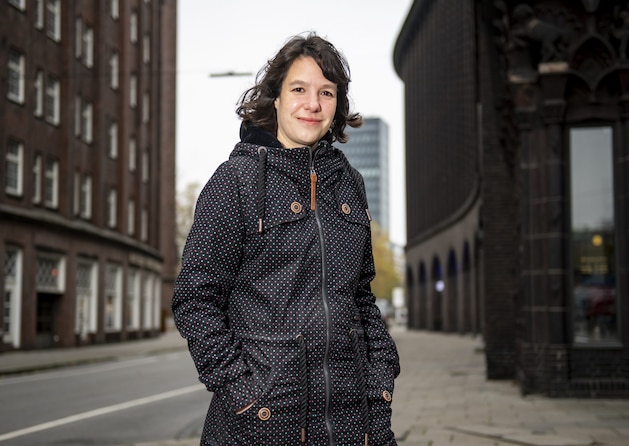With regard to drug policy in Germany, the traffic light coalition has undertaken a lot. The Greens’ addiction politician, Linda Heitmann, now wants to impose drastic restrictions on alcohol and tobacco. Headwind comes from the FDP.
Addiction politician Linda Heitmann wants to limit the constant availability of alcohol and tobacco. This is intended to break new ground for the traffic light coalition in dealing with legal drugs.
With regard to drug policy in Germany, the current federal government has some things on the agenda. Not only should cannabis be legalized for recreational purposes, but the handling of currently legal drugs should also be put to the test. Stricter regulations with regard to alcohol and tobacco for marketing and sponsorship have already been agreed in the coalition agreement. Now the Greens politician Heitmann is calling for a “general rethinking of legal drugs in order to come to a more responsible use of these substances,” reports “Welt”.
Her goal: The addiction politician wants to prevent alcohol and tobacco from being constantly available. “We need to change the availability and ‘cool factor’ of addictive substances. Especially with regard to alcohol, there are hardly any restrictions here so far, but the law of the free market applies almost without restrictions – with easy availability at many points of sale, moderate pricing of many products and hardly any rules for advertising and marketing,” she continued.
The Green woman is concrete: “We also have to discuss whether cigarettes and e-cigarettes simply have to be available around the clock from vending machines, in supermarkets and petrol stations,” she says.
In this context, Heitmann also calls for the inhibition threshold to buy legal drugs to be raised by increasing the price. “That’s why I think tax increases for alcoholic beverages make sense in principle,” she continues.
However, there is still no consensus in the traffic light coalition. There is headwind, especially from FDP circles. In Italy and Spain there are lower taxes on such products, but there are fewer alcohol excesses there. “Higher taxation of alcoholic beverages is therefore not necessarily expedient,” says Kristine Lütke, spokeswoman for addiction and drug policy for the FDP parliamentary group on “Welt”.
The debate could also have consequences for media companies and sport. “In my opinion, advertising for beer and other alcoholic beverages has no place, at least in prime time, on television, radio or the Internet. And the beer advertising on the stadium banner and the logo wall in the background isn’t right either. Because sport and beer just don’t belong together,” says the world report by Burkhard Blienert, the federal government’s drug commissioner.
The fact is: millions of people are addicted to the legal drugs alcohol and tobacco. Last year around 70,000 people died in Germany alone from the effects of alcohol consumption and almost 130,000 people from the effects of smoking. For comparison: 1826 people died from illegal drugs.








